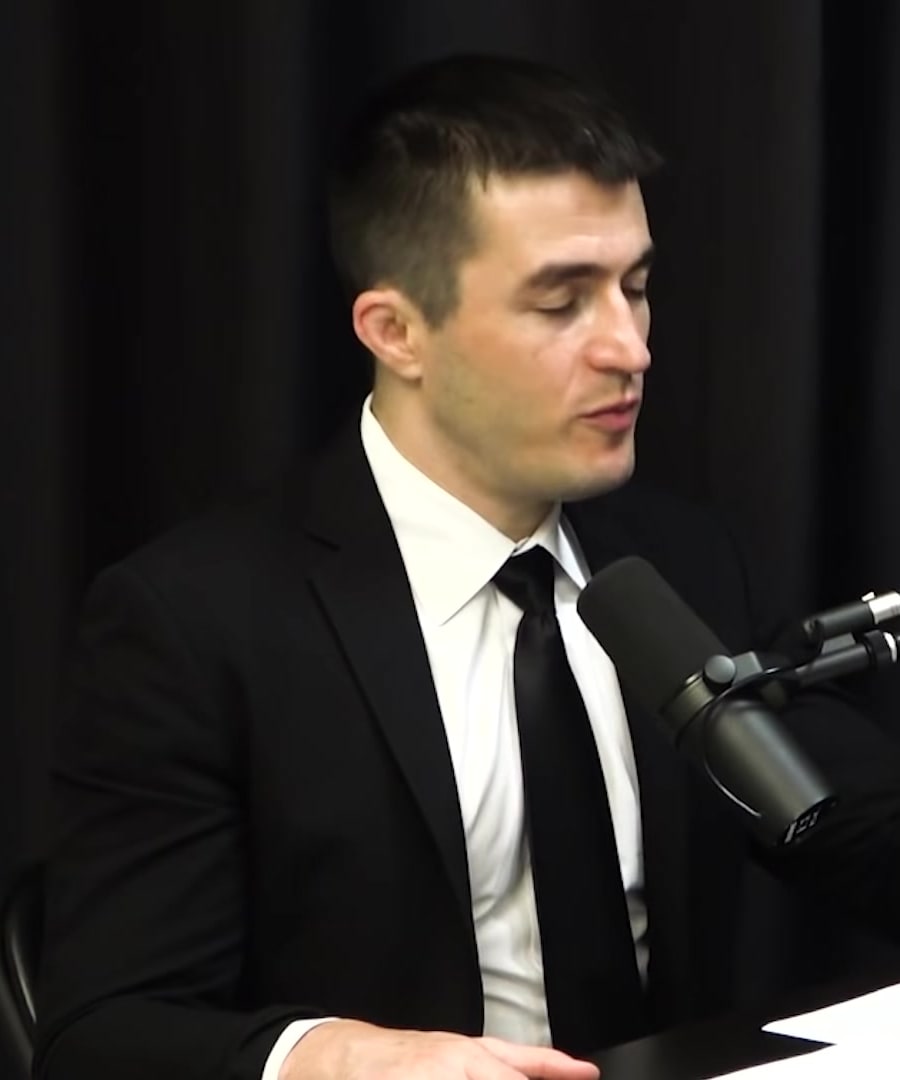Can our love for nature save it?
Sources:
The question of whether our love for nature can save it is explored from various perspectives by trusted experts.
-
Aubrey Marcus and Robert Barnhart discuss the idea that developing a deep appreciation and love for the natural world can drive people to protect it. They argue that a genuine connection and sense of awe for nature make it unlikely that people will destroy what they truly love. This sense of connection often needs to be rediscovered and can be enhanced through experiences like spending time in nature or even using psychedelics to reset perceptions and foster this love for the Earth 1.
-
Elizabeth Kolbert, in a conversation with James Altucher, warns about the complexities of interfering with nature. Addressing the idea that human manipulation often leads to unintended consequences, Kolbert emphasizes the importance of understanding the intricate interconnections in ecosystems. While technological innovations might help mitigate some damage, she highlights the ethical question of whether humans should "play God" in trying to save species and ecosystems we've disrupted 2.
-
Richard Wrangham, on the Lex Fridman Podcast, points out the ongoing struggle between conservation efforts and human needs. He stresses the importance of making natural habitats valuable for human survival, promoting ecotourism, and investing in conservation efforts both locally and globally. Wrangham underscores the need for richer countries to play a significant role in preserving nature and combating the global trend toward habitat destruction driven by population growth and agricultural expansion 3.
-
Rich Roll underscores that environmental stewardship begins with fostering a personal connection to nature. By loving ourselves in the context of the natural world, we can better relate to its importance and work towards addressing its destruction. This personal connection is foundational to developing a sense of responsibility and stewardship for the environment 4.
-
Dennis McKenna and Aubrey Marcus also discuss that while it's crucial to honor and protect the Earth, the fate of humanity may hang in the balance due to our reckless actions. They highlight that humans are part of the Earth organism, and we need to decide whether we will be a beneficial force or a destructive one. Recognizing that we are deeply intertwined with nature could help steer us towards becoming a positive force within the ecosystem 5.
Collectively, these discussions highlight that while love for nature can indeed drive efforts to protect it, such efforts must be paired with deep understanding, significant investment, and global cooperation to be truly effective.
RELATED QUESTIONS-
